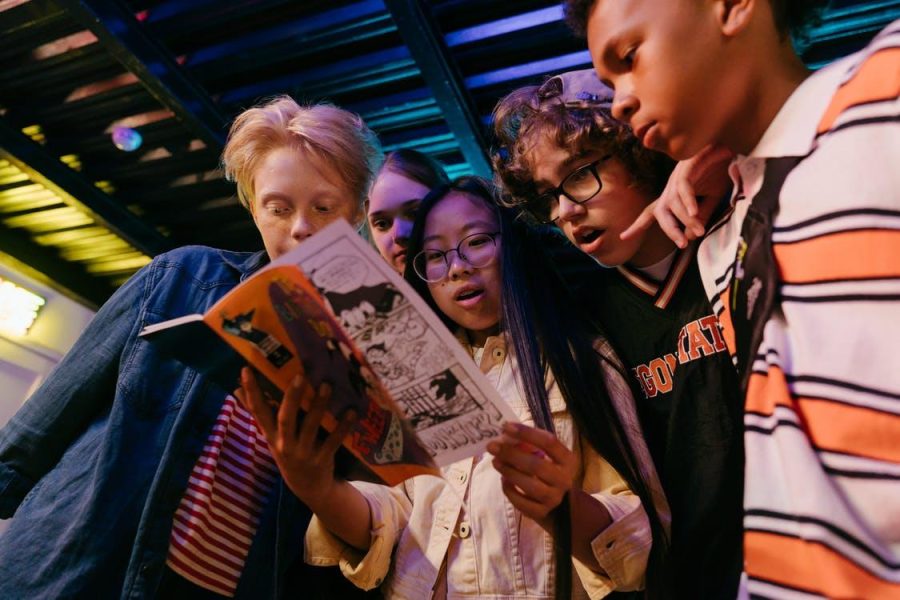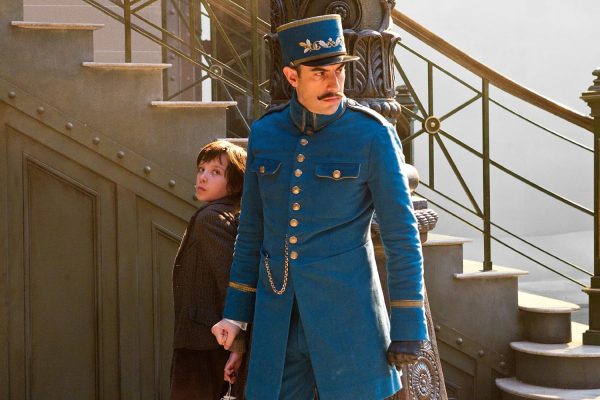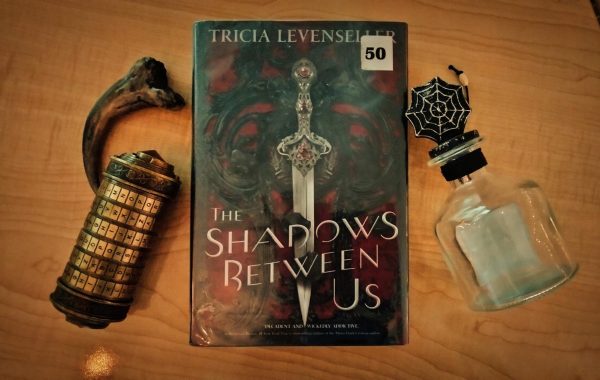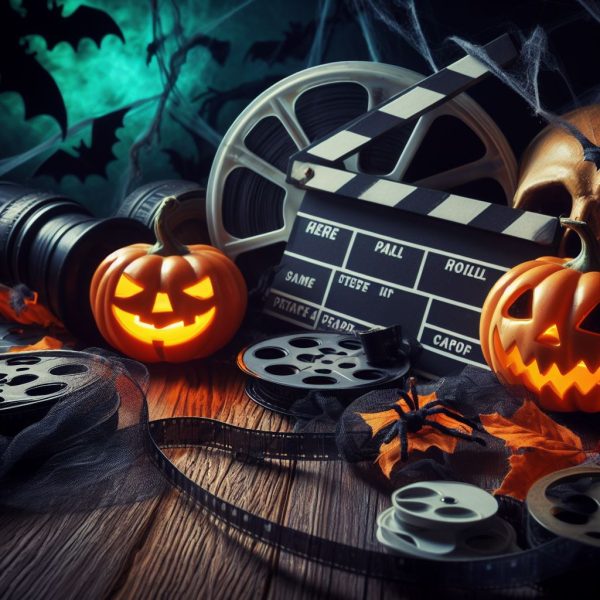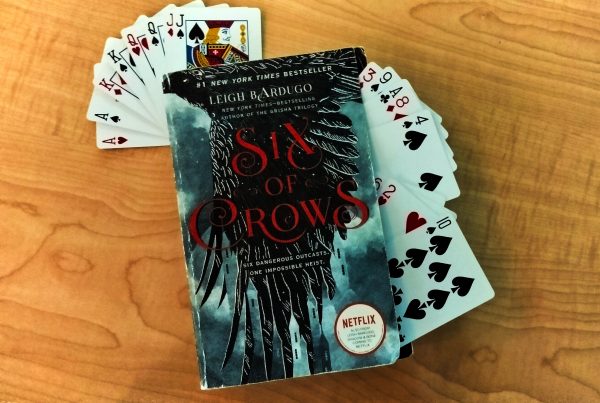Screen Adaptations of Comic Books Shouldn’t Be Afraid to Embrace the Bizarre
Ever since the introduction of superhero movies and shows into popular culture in the late 2000’s, there has been an increasingly strong emphasis on realism in order to make events in these adaptations seem more believable. This emphasis has shown itself through confusing characters, plots, and overall arcs in a series, examples of which being the surface-level portrayals of characters in Iron Fist and the overly-morbid narrative of Batman V Superman: Dawn of Justice. These adaptations end up feeling drastically inferior to their comic counterparts due to the fear of embracing what made their inspirations so great: weirdness.
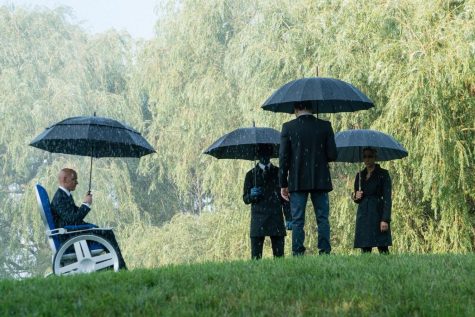
Comic books thrive due to their wonderfully strange ideas and unique identities, making them effective at helping readers escape reality. While there are many movies and shows that wear their weirdness as a badge of honor and succeed because of it, many other adaptations ground themselves in reality, taking away from a viewer’s watching experience since changes are made in order to make these movies and shows seem more plausible.
Within recent years, some comic books have been turned into successful movies and shows, taking their comics’ strange identities into account. Unique characters, like Groot in Guardians of the Galaxy, and unusual arcs, like the Mars arc in Invincible, make these adaptations more memorable and lovable due to strange concepts taken directly from the comics. This has caused these screen adaptations to become very popular, which reflects a greater trend in popular culture: we are ready to accept the bizarre.

Now, more than ever, the public is very accepting of ambitious adaptations, welcoming attempts to bring comic book weirdness onto the big screen. Due to the pandemic, it has been hard for individuals to focus on anything except their own harsh realities, but these superhero movies and shows provide a magical form of escape for them. Based on the reception for shows like What If…? and the anticipation of future films like Blue Beetle, strange concepts are appealing on a global scale. Realistic superhero movies and shows only serve to limit their own scopes, which is unfortunate since it means we probably won’t ever see Robert Pattison’s Batman recruiting Batcow to fight Dexstarr the Red Lantern cat.
Comic books are successful because of the bizarre ideas they introduce. Translating these concepts to digital formats has been met with overwhelming positivity, yet some filmmakers are still afraid to do this because they don’t think viewers would like the strange characters and plots of the comics. Movies and shows that truly embrace their weird identities end up being far more successful than realistic adaptations since they breathe fresh air into the film industry and introduce the public to revolutionary, new concepts. Strangeness is the key to the future of comic book adaptations, and the world is waiting with bated breath to see what the future holds in store for them.


